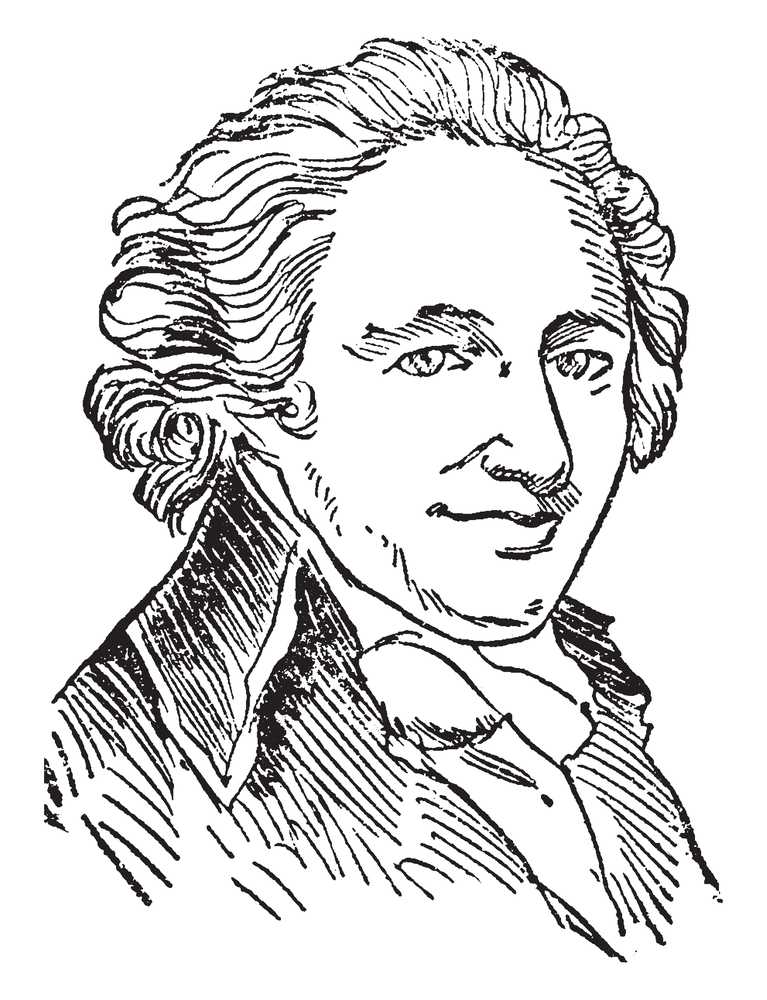
Thomas Paine responded to one of Burke’s critiques of the French Revolution by cynically arguing that wars are sometimes started in order to increase taxation (“the harvest of war”) (1791)
Found in: The Rights of Man Part I (1791 ed.)
In his debate with Edmund Burke over the French Revolution, Thomas Paine (1737-1809) argues that there is a connection between war and the raising of taxes and that sometimes the former is engaged in to promote the latter:
Taxation
It may with reason be said, that in the manner the English nation is represented, it signifies not where this right resides, whether in the Crown, or in the Parliament. War is the common harvest of all those who participate in the division and expenditure of public money, in all countries. It is the art of conquering at home: the object of it is an increase of revenue; and as revenue cannot be increased without taxes, a pretence must be made for expenditures. In reviewing the history of the English government, its wars and its taxes, a by-stander, not blinded by prejudice, nor warped by interest, would declare, that taxes were not raised to carry on wars, but that wars were raised to carry on taxes.